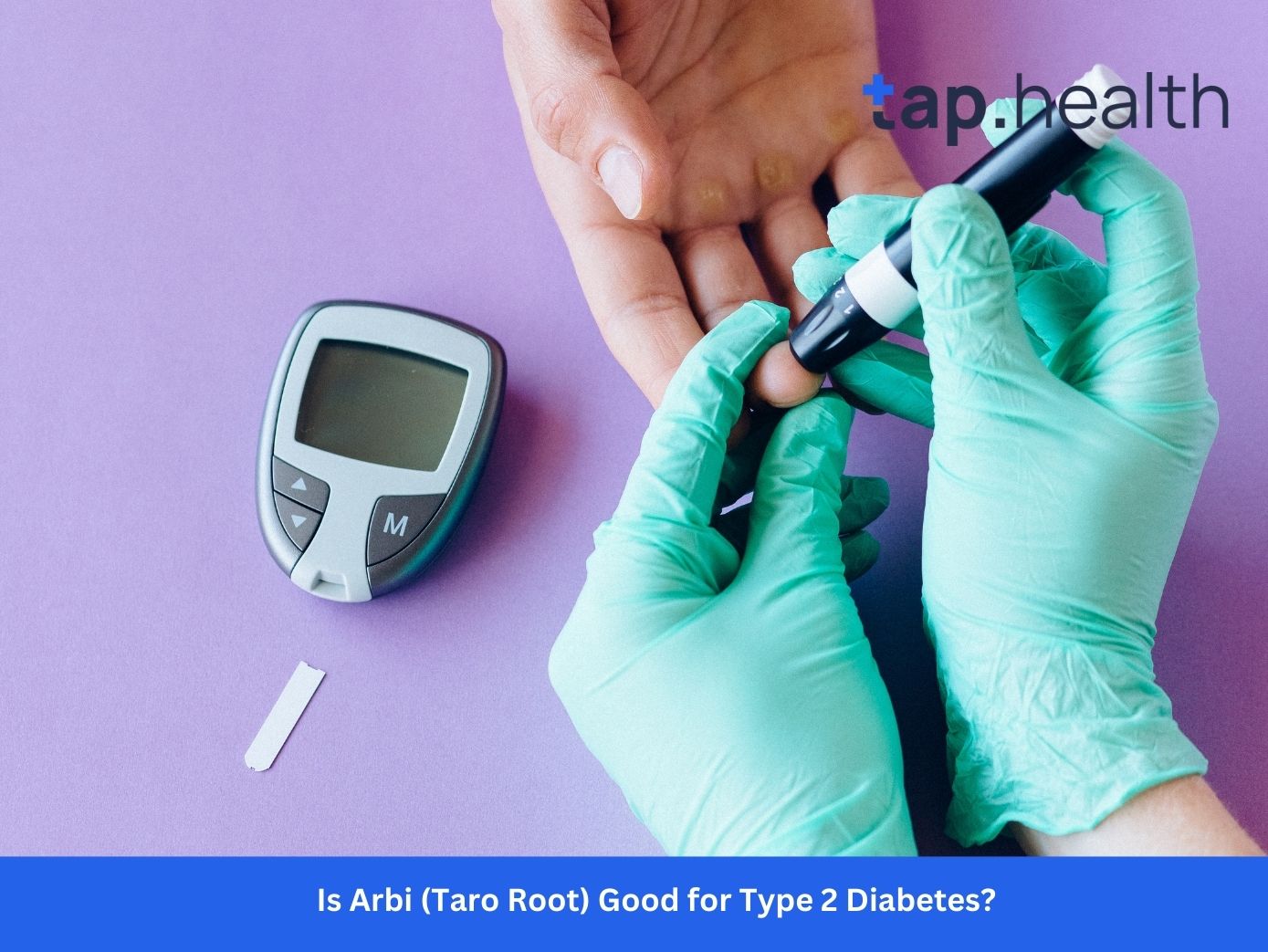Gaining weight with diabetes can feel challenging, especially when managing blood sugar levels is a daily priority. Whether you have Type 1 diabetes or Type 2 diabetes, underweight individuals can achieve healthy weight gain by focusing on nutrient-dense calories, regular meals, strength training, and close monitoring. This guide answers common questions and provides practical strategies to help you gain weight safely without compromising diabetes control.
Why Is Gaining Weight Difficult with Diabetes?
Diabetes affects weight in different ways depending on the type.
How does Type 1 diabetes impact weight gain?
In Type 1 diabetes, the body produces little or no insulin, making it hard to store glucose as energy. This often leads to unintentional weight loss. Increasing calorie intake while carefully adjusting insulin doses is key.
How does Type 2 diabetes affect weight?
Type 2 diabetes involves insulin resistance. While many people gain weight easily, some remain underweight due to poor appetite, medication side effects, or uncontrolled blood sugar. Improving insulin sensitivity through diet and exercise supports healthy weight gain.
Adequate weight improves energy levels, insulin sensitivity, and reduces risks of diabetes complications like heart disease and neuropathy.
Best Foods to Gain Weight with Diabetes
What are the best foods for gaining weight with diabetes?
Choose nutrient-dense, calorie-rich foods that have minimal impact on blood sugar:
- Complex carbohydrates: Quinoa, brown rice, oats, sweet potatoes
- Lean proteins: Chicken, turkey, fish, tofu, eggs, legumes
- Healthy fats: Avocado, nuts, seeds, olive oil, fatty fish like salmon
- Full-fat dairy: Greek yogurt, cheese, whole milk (or fortified plant alternatives)
These foods provide sustained energy and support muscle growth without causing sharp blood sugar spikes.
How Often Should You Eat to Gain Weight with Diabetes?
How many meals should I eat daily? Aim for 5–6 smaller meals throughout the day:
- 3 balanced main meals (breakfast, lunch, dinner)
- 2–3 nutrient-dense snacks
Eating frequently helps increase total calorie intake without overwhelming the digestive system. Always include a mix of carbohydrates, protein, and fat in every meal and snack to stabilize blood sugar.
Sample Daily Meal Plan for Weight Gain with Diabetes
Breakfast
- Oatmeal made with whole milk, topped with banana, almonds, chia seeds, and a drizzle of honey
- 2 scrambled eggs with spinach and cheese
- Whole grain toast with avocado
Mid-Morning Snack
- Full-fat Greek yogurt parfait with berries, granola, and flaxseeds
Lunch
- Grilled chicken or tofu quinoa bowl with steamed vegetables
- Side salad with avocado, olive oil, and lemon dressing
Afternoon Snack
- Protein smoothie: Whole milk or almond milk, low-sugar protein powder, peanut butter, spinach, flaxseeds
Dinner
- Baked salmon with brown rice and roasted sweet potatoes
- Large mixed green salad with feta, tomatoes, and balsamic vinaigrette
Evening Snack
- Hummus with vegetable sticks and whole grain crackers
- Handful of trail mix (nuts, seeds, limited dried fruit)
This plan provides balanced nutrition, healthy calories, and steady blood sugar control.
Is Exercise Important for Gaining Weight with Diabetes?
Can exercise help me gain weight with diabetes?
Yes—especially strength training. Building muscle mass is one of the healthiest ways to gain weight.
Focus on resistance exercises:
- Weight lifting
- Bodyweight moves (squats, push-ups, lunges)
- Resistance bands
Train 3–4 times per week with adequate rest days. Muscle gain increases overall body weight and improves insulin sensitivity. Always monitor blood sugar before and after workouts and adjust insulin or carbs as needed.
Should You Avoid Carbohydrates When Trying to Gain Weight?
Do I need to cut carbs to manage diabetes while gaining weight?
No. Carbohydrates are essential for energy and weight gain. Choose complex carbs with fiber to prevent rapid blood sugar spikes. Pair them with protein and fat for better glucose control. Practice carbohydrate counting and spread intake evenly across meals.
Role of Healthy Fats in Diabetes Weight Gain
Why are healthy fats important?
Fats provide 9 calories per gram—more than double that of carbs or protein—making them excellent for calorie surplus. They also support heart health and nutrient absorption. Include avocados, nuts, olive oil, and fatty fish regularly.
Additional Tips for Safe Weight Gain with Diabetes
How can I gain weight healthily with diabetes?
- Work closely with your endocrinologist and registered dietitian
- Monitor blood sugar frequently and adjust medications
- Prioritize sleep (7–9 hours nightly) for hormone balance and recovery
- Manage stress through yoga, meditation, or hobbies
- Stay hydrated but choose calorie-containing beverages like milk or smoothies
- Consider doctor-approved protein supplements if needed
Common Challenges and Solutions
Appetite issues → Eat on a schedule and add flavorful herbs/spices Digestive discomfort → Increase portions gradually and balance fiber Blood sugar fluctuations → Keep meals balanced and test regularly Plateaus → Track calories, increase portions, or add healthy oils/nut butters
When to Seek Professional Help
Consult your healthcare team if:
- Weight gain stalls despite consistent efforts
- Blood sugar becomes harder to control
- You experience persistent fatigue or other symptoms
They can rule out underlying issues and fine-tune your plan.
Final Thoughts on Gaining Weight with Diabetes
Gaining weight with diabetes is absolutely possible with the right approach. Focus on nutrient-dense foods, frequent balanced meals, strength training, and vigilant blood sugar monitoring. Collaborate with healthcare professionals to create a personalized plan that supports both your weight goals and long-term diabetes management.
By making gradual, sustainable changes, you can achieve healthy weight gain, boost energy levels, improve insulin sensitivity, and enhance overall well-being.
References
- American Diabetes Association – Nutrition
- Mayo Clinic – Diabetes Management
- National Institute of Diabetes and Digestive and Kidney Diseases



